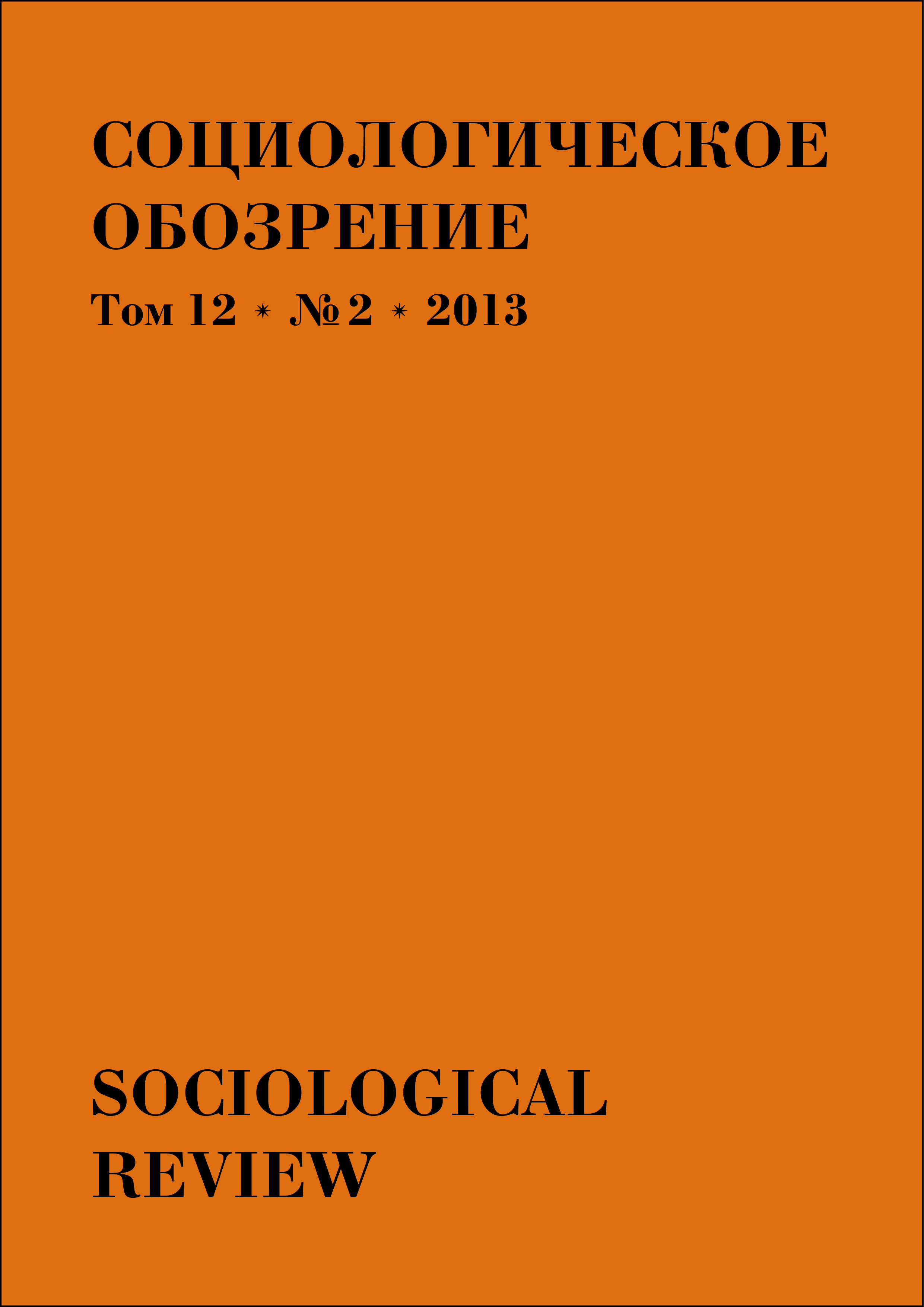Collective and individual in Durkheim’s philosophical anthropology
Abstract
The paper focuses on Emile Durkheim’s philosophical-anthropological views, particularly on the structure of his argument in “The Dualism of Human Nature and Its Social Conditions”, and traces the development on his views on the relationship between the individual and the collective with respect to the problem of human nature. Despite Durkheim’s open despise for metaphysical theories of human nature, his sociological project clearly contains philosophical-anthropological content. It was Durkheim’s intention to provide firm scientific sociological grounds for the dualistic conception of man. In his early oeuvre, Durkheim aims to explain the relation between the collective and the individual in human with his theory of solidarity. Unlike Ferdinand Toennies, Durkheim holds that their social evolution does not essentially change its substratum, since conditions of solidarity are the same for all societies whether they are based on mechanical or organic solidarity. However, the conception of organic solidarity contains several fundamental contradictions that make it unable to play the political role that Durkheim assigned to it and also drew extensive criticism in sociological theory. Eventually, Durkheim abandons this solution and his late work puts the experience of communion at the center of any collective life and describes the internal dynamics of this experience that fluctuates along with an unstable relationship between the collective and the individual within human being. Durkheim’s anthropology can be regarded as a call for science that would be capable of developing the viewpoint suitable for analyzing this changing relationship, and this paper questions the potential of Durkheimian sociological project in fulfilling this task.




